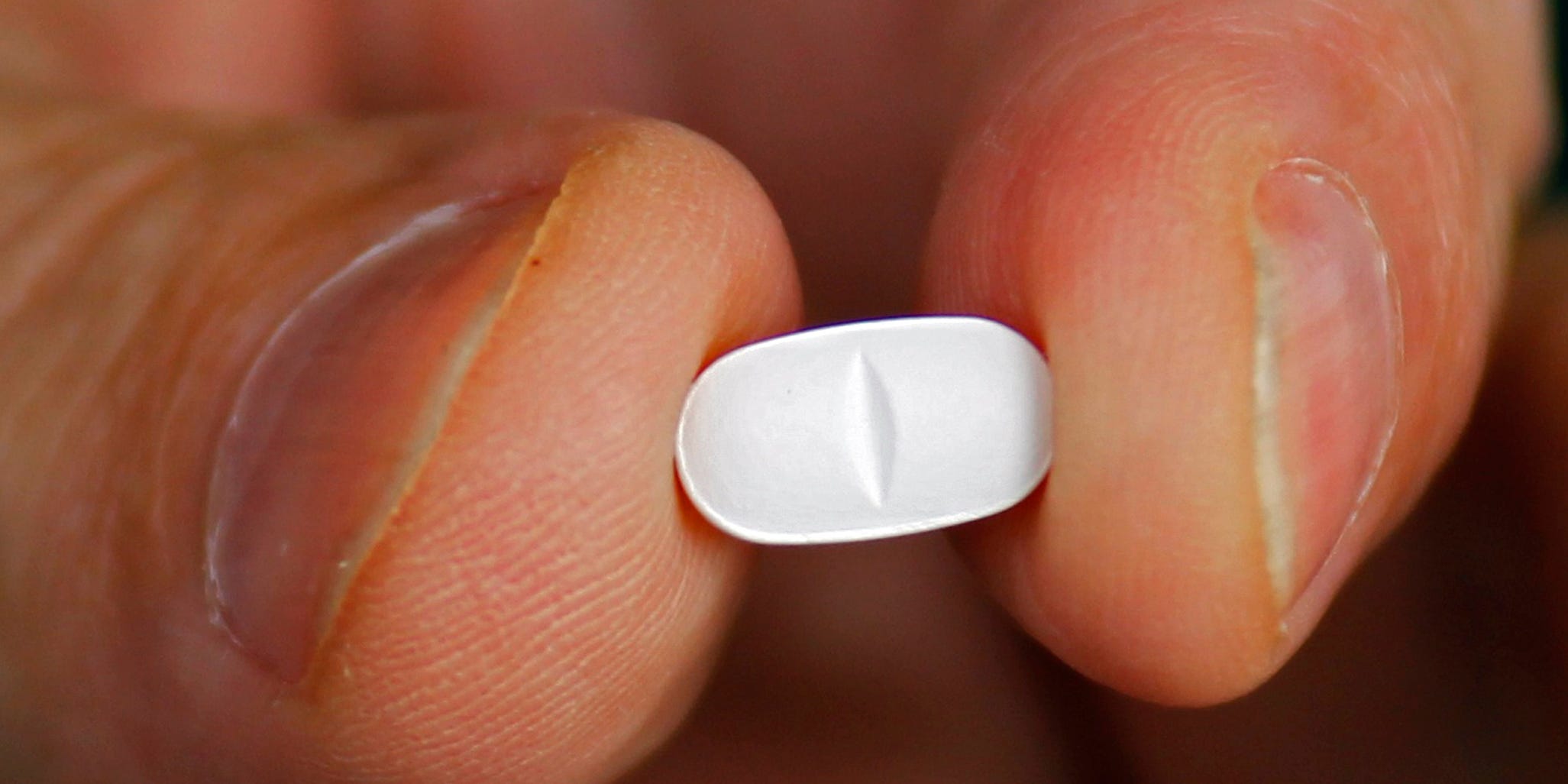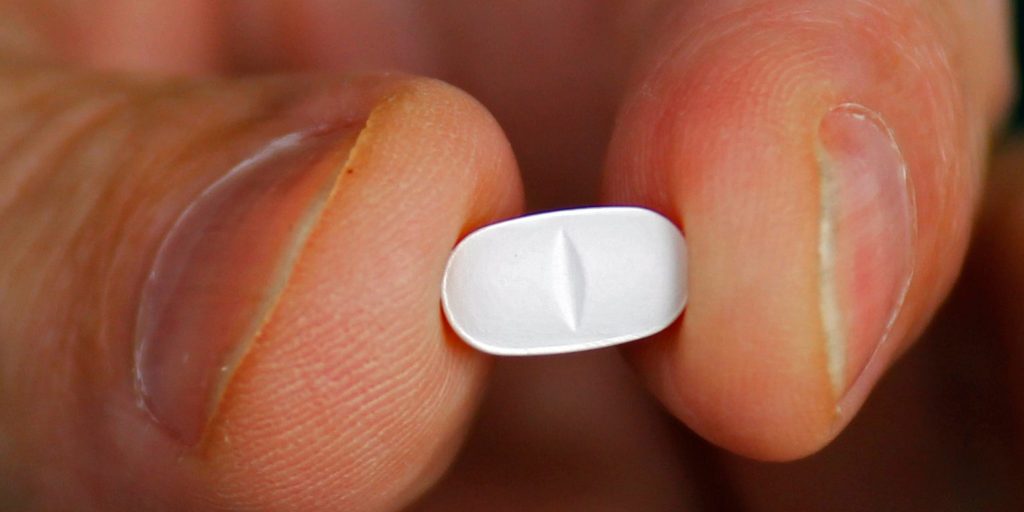
Reuters
- Corticosteroids work by suppressing your immune system and curbing inflammation.
- They can be used to treat asthma, eczema, Crohn's disease, arthritis, lupus, hay fever, and more.
- Steroids can also cause side effects like acne, weight gain, mood changes, and bruising.
- Visit Insider's Health Reference library for more advice.
Corticosteroids, often just called steroids, are a type of anti-inflammatory medication that can treat many different health conditions.
Your doctor may prescribe you corticosteroids for common ailments like hay fever, as well as more serious conditions like Crohn's disease.
Here's what you need to know about how corticosteroids work and what diseases they treat.
How do corticosteroids work?
Corticosteroids work by reducing your immune system's activity, says Joseph E. Huffstutter, MD, a rheumatologist at Arthritis Associates.
Your immune system is responsible for fighting off harmful invaders like viruses and bacteria – and it does this by triggering a response called inflammation. This inflammation is what causes that redness, swelling, and pain you experience with an infected cut.
But your immune system can also overreact and cause inflammation throughout your body - this is what happens with autoimmune conditions like lupus and rheumatoid arthritis. Over time, chronic inflammation can damage areas like your joints, kidneys, and skin.
Corticosteroids interrupt the chemical signals that trigger inflammation and prevent your immune cells from causing damage.
Types of corticosteroids
Depending on what condition you have, your doctor may prescribe various types of corticosteroids:
- Local steroids work in one specific area of your body. This can include:
- Steroid creams to treat skin conditions.
- Steroid eye drops to treat eye diseases.
- Steroid ear drops for ear issues.
- Steroid injections into particular joints.
- Steroid inhalers or nasal sprays for lung or sinus issues.
- Systemic steroids move through your bloodstream to treat issues throughout your entire body.
- Oral steroids treat issues in your digestive system, organs, or conditions that show up in multiple places.
- Intravenous (IV) steroids treat conditions where a high dose of medication is needed throughout your body.
You can often tell if a medication is a steroid if the name ends with "sone" or "lone." Some of the most common corticosteroids include cortisone, prednisone, triamcinolone, and methylprednisolone.
The uses of corticosteroids
Corticosteroids can help bring down inflammation and treat many different types of health conditions, including:
- Various skin conditions, including:
- Digestive diseases like ulcerative colitis and Crohn's disease.
- Joint issues like rheumatoid and psoriatic arthritis.
- Chronic nerve pain from conditions like sciatica.
- Autoimmune disorders that can cause inflammation throughout your entire body like lupus.
- Brain disorders like multiple sclerosis.
- Blood cells disorders like autoimmune hemolytic anemia and autoimmune platelet disorders.
- Cancer or the side effects of chemotherapy.
- To replace missing cortisol and aldosterone hormones in conditions like Addison's disease.
Side effects and risks of corticosteroids
"Corticosteroids simply suppress the immune system for good or bad," says Huffstutter, and suppressing your immune system can carry some risks.
Taking oral or IV corticosteroids can make it harder for your body to fight off infections, which can increase your risk of becoming seriously ill from a virus or bacteria, Huffstutter says.
Corticosteroids also come with various side effects, including:
- Acne
- Thinning skin
- Easy bruising
- Increased appetite
- Weight gain
- Mood changes
Taking corticosteroids for long periods or at high doses can also increase your risk of developing conditions like:
- Diabetes
- Osteoporosis
- Stomach ulcers
- Eye problems like cataracts or glaucoma
- High blood pressure
For this reason, corticosteroids "need to be used by an experienced provider for the shortest time at the lowest effective dose," Huffstutter says.
Insider's takeaway
Corticosteroids work by reducing inflammation in specific areas or throughout your entire body. They treat a wide range of conditions including asthma, arthritis, and cancer.
"Corticosteroids are powerful medicines that can save lives," says Huffstutter, but they can also have harmful side effects. Always use steroids with a doctor's supervision and never take them for longer or at higher doses than prescribed.
